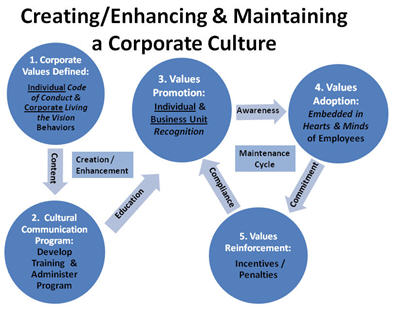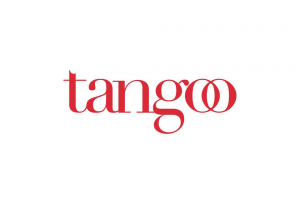By definition, social enterprises are led by social entrepreneurs who are determined to interrupt the status-quo of the current world and bring positive changes to the well-being of others through the operation of its enterprise or foundation, whereas the United Nations is an international organization that is ‘committed to maintaining international peace and security, developing friendly relations among nations and promoting social progress, better living standards and human rights.’
A reason of the United Nations and social enterprise’s co-existence is the difference between their scope. The United Nation is an international organization among nations, therefore it focus on issue that has been raised to the national or even global level, such as peace-keeping in war-torn areas and poverty-preventing in underdeveloped countries. On the other hand, social enterprise are focus to serve the mass on a smaller scope. Being an enterprise, it focus on solving the problem of a firm, a small group of individuals or even just an individual, such as financial aids to a firm or individual, or health check of a small village.
The United Nations also differs with social enterprise from the focal areas of their service. The United Nations is the ultimate conductor of the globe. Its services cover the majority of problems human beings are currently facing. It has many branches of sub-organizations such as UNICEF and UN Peacekeeping, which focus on individual areas of the entire service coverage. Different from the UN, most social enterprise focus on providing one type of service thoroughly and professional. For example, Dr. Mohammad Yunus has been providing micro-finance to underprivileged peasants living in rural areas of Bangladesh since 1976, which enabled millions of them to escape from the vicious cycle of poverty.
Overall, even though both have a common goal towards improving the well-being of the current generation and creating a better world for future generations of humans, social enterprise hold significant differences from the United Nations. We need the United Nations to act as a coordinator of all nations and solve large scaled problems that affect nations of even the globe. Whereas we need social enterprise, one similar to the Arc initiate, to go into the roots of a society, detect and take initiative to solve problem at a level where it is closer to the life of individual but unreachable from the UN’s level of operation.


